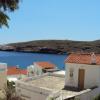The island of Andros is part of the Cyclades archipelago in the South Aegean. Its fertile natural landscape is marked with mountainous terrain, heavy vegetation and an abundance of running water.
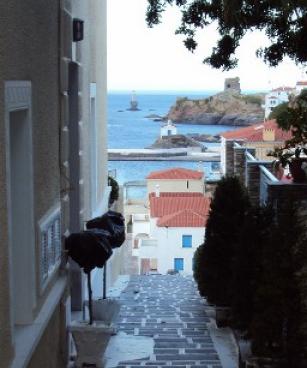
These are my impressions of the scentscape of the island after a visit in the Spring time.
Focusing on our olfactory sense and paying attention to individual and joint smells when we are engaging with our environment; allows us to experience it from a new perspective and interpretation, hone our olfactory skills and put mindfulness and reflective awareness into practice.
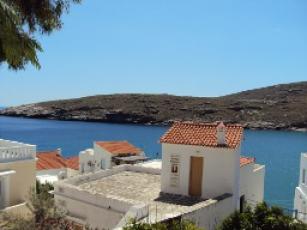
Landscape
Compared to other islands of the Cyclades, Andros is blessed by a sizeable annual rainfall and ample accumulation of water in extensive basins, rivers, streams and natural springs. The Ancient Greeks knew Andros by the name "Ydrousa", the watery one.
The source of Andros' water is not really known. One story tells of a pasha during the time of the Ottomans that dropped a goblet in a spring in the south of the island of Evia, the closest island to Andros in the west. It then resurfaced later, emerging from a spring on Andros' highest mountain, Kouvara.
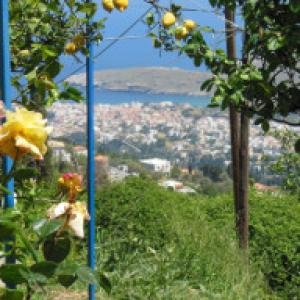
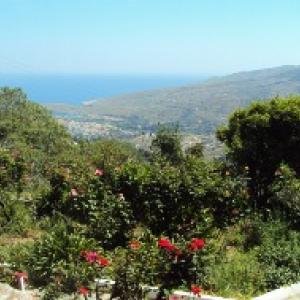
Along the coastline near Chora, the main town, the air smells briny and dry and I can detect faint notes of pine.
Pittosporum or Angeliki grows all over the island. This evergreen shrub is covered with small yellow to white flowers which are highly aromatic when they blossom in the Spring.
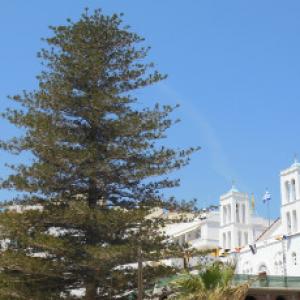
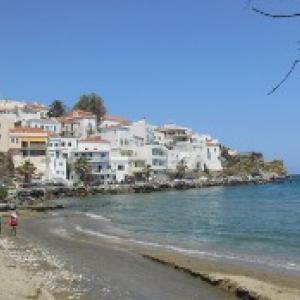
Early in the morning you can see a plethora of bees buzzing over these bushes, the air redolent with the sweet scent of the flowers intermingled with the resinous, sweet, waxy aroma of bee and pollen.
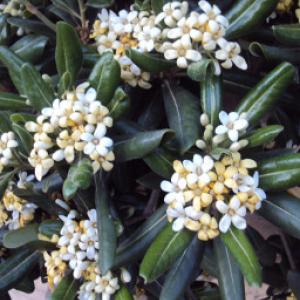
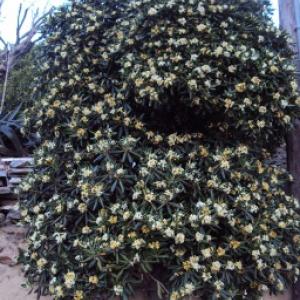
Oleander trees are also an ubiquitous sight, their brightly coloured flowers possessing a pungent, bitter aroma.
Walking along a dusty path located about five minutes from Chora, I can smell a warm, baked type of scent with a herbal character. The path is dotted with red poppies, wild chamomile, thistles and Queen Anne's Lace (wild carrot). Pulling up the taproot reveals an aroma that is a combination of carrot and geosmin.
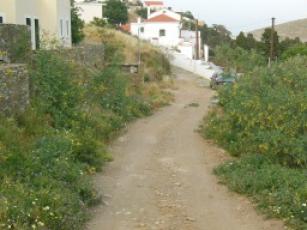
The rocky terrain of the island is covered with a dense, aromatic maquis or shrubland biome; composed of sage, myrtle, spurge laurel, gorse, broom and wild thyme. Thyme-scented honey from Andros is highly sought after, valued for its complex, intense aroma and flavour.
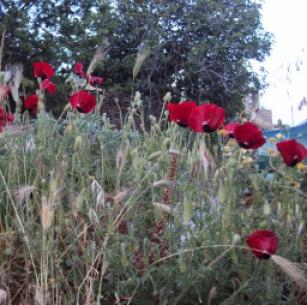
Venturing further inland into the interior villages sprawled along the hillsides, the air is tinged with the fresh scent of cypress.
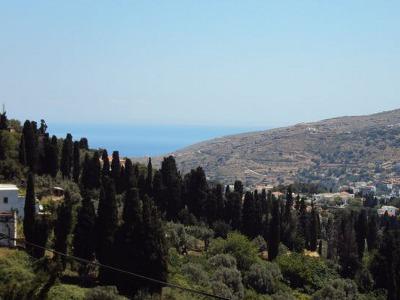
Andros is a windy island and the landscape is filled with long, slender cypress trees, acting as windbreaks in the valleys of the most fertile areas.
Advancing along one of the many walking routes criss-crossing the island, I notice a grove of olive trees, giving off a generic green, woody fragrance.
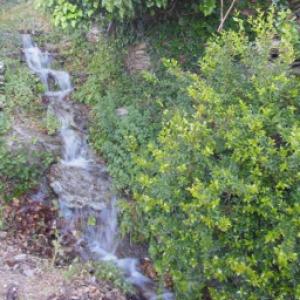
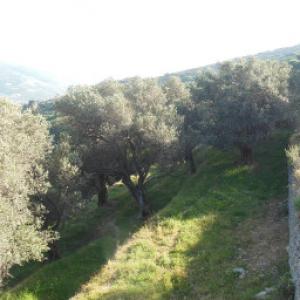
The plentiful water sources of Andros are seen all around, gushing water adding to the smellscape. The lush, verdant foliage along the pathways imbues a crisp, green scent to the atmosphere.
I smell the citric, anisic blooms of an elderflower plant and the freshness of a small wild fig tree.
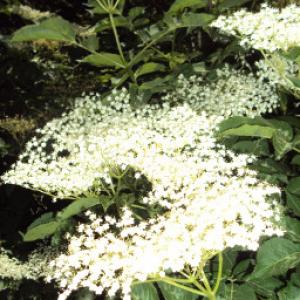
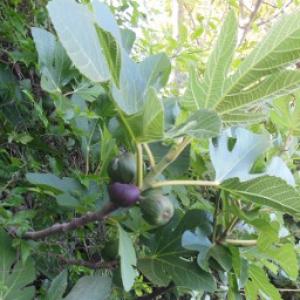
Beyond the bare coastal cliffs of Andros, small scale Garden of Edens can be found hidden behind solid walls or terraced plots; resulting from the profuse water supply and fertile soils of the island. The area around the Sariza natural spring at Apoikia is spotted with sweet smelling broom by the roadside and flourishing aromatic gardens.
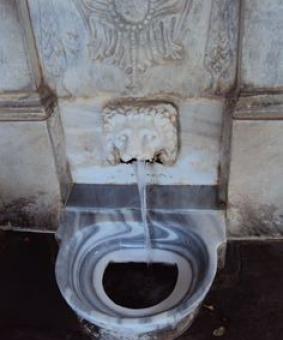
In one garden I visit I am greeted with undulating waves of floral scent made up of rose, jasmine, mock orange and honeysuckle.
After rain the air is filled with the herbal scents of marjoram, basil and rosemary, crisp lemon blossom and the fruit of loquat trees.
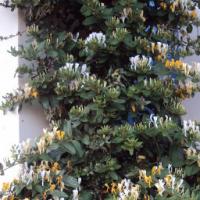
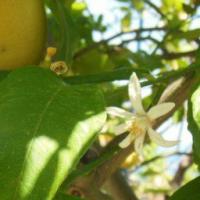
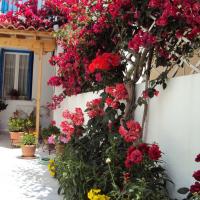
Chora
Walking down the main street of Chora, the individual smells of each shop make their contribution to the smellscape of the main town.
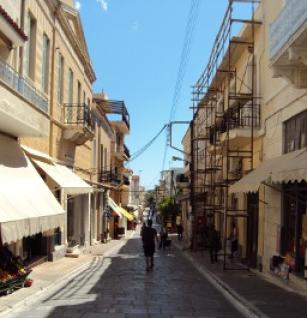
I can distinguish various scents- grilled meats from the yeeros shop, a curious dry and piquant mixture of olives, herbs, nuts, dried fruits and oil from a shop selling locally made foodstuffs, wafts of Greek coffee from the cafes layered with the smell of cigarette smoke.
An ecclesiastical store is heavily fragranced with rose-dusted frankincense incense burning in a censer.
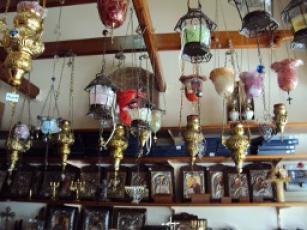
The restaurant where I have lunch is memorable for its aromas of "fourtalia", the traditional omelette of Andros, made with the local pork sausages called "louza", potatoes and spearmint.
A dessert of homemade meringues drizzled with rose petal spoon sweet made from the Damask roses growing in the owner's garden is a smell I will never forget.
Spoon sweets are sweet preserves served in a spoon with a cold glass of water, a gesture of hospitality. They can be made from nuts, fruits, flower petals or berries.
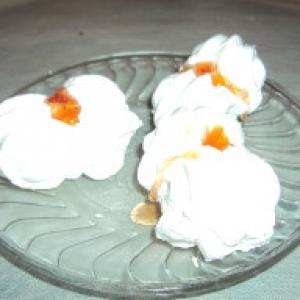
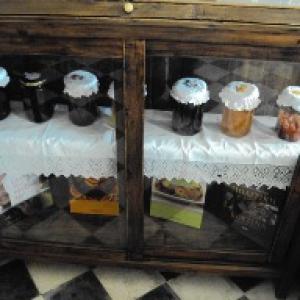
Easter
For Good Friday the "Epitaphios" or epitaph bed of Christ is part of a procession of icons, holy symbols and crosses that are brought out from surrounding churches to meet in the central square of Chora.
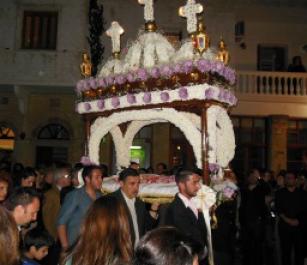
The aroma of fresh Spring flowers decorating the "Epitaphios" is like a wall of scent coming towards you, infusing the night air with its floralcy.
On Easter Saturday an amalgamation of incense smoke, wood and melted beeswax candles emanates from the churches, dispersed with the sulphury scent of fireworks that are lit after midnight to symbolise the resurrection of Christ.
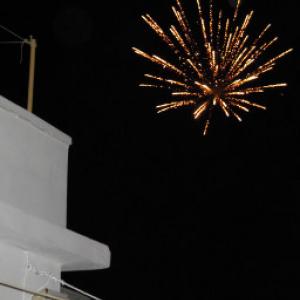
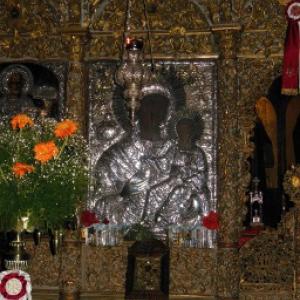
To bring the smellscapes of the Greek Islands to your space: Scentcillo Greek Island essential oil blend is a fresh, joyful, atmospheric scent reminiscent of the Mediterranean isles- timeless and tranquil.
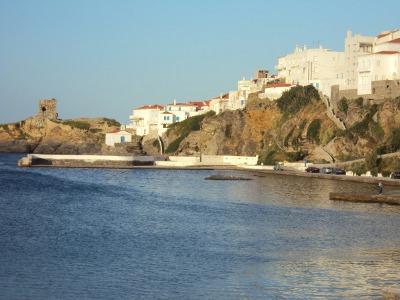
"Scents of the wet body of Greece and the sweet holy Mother".
Andros by Odysseus Elytis.





